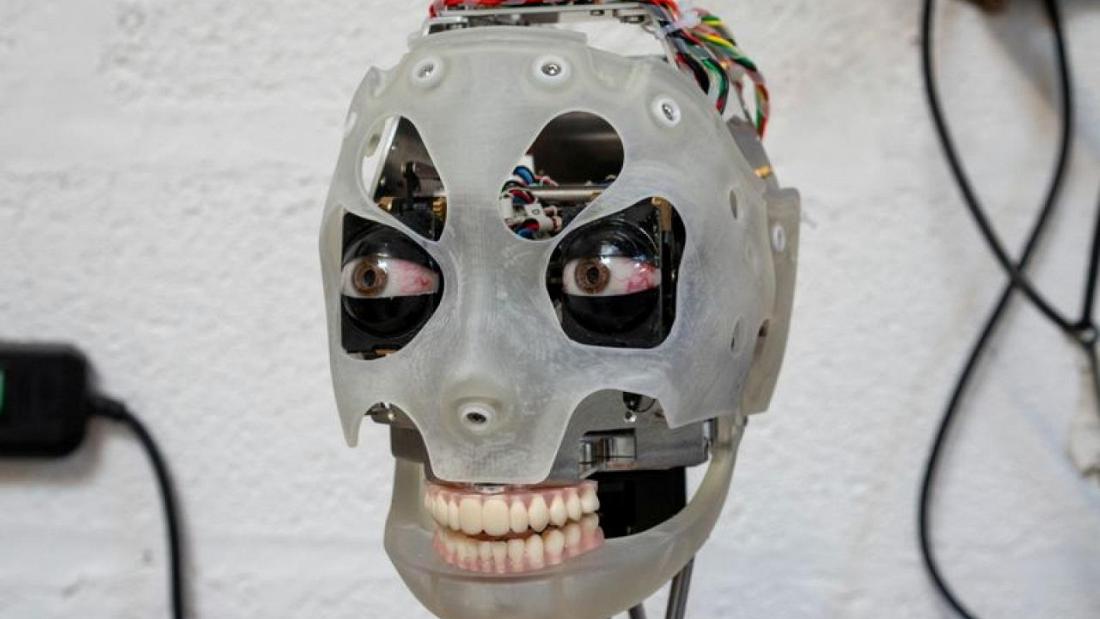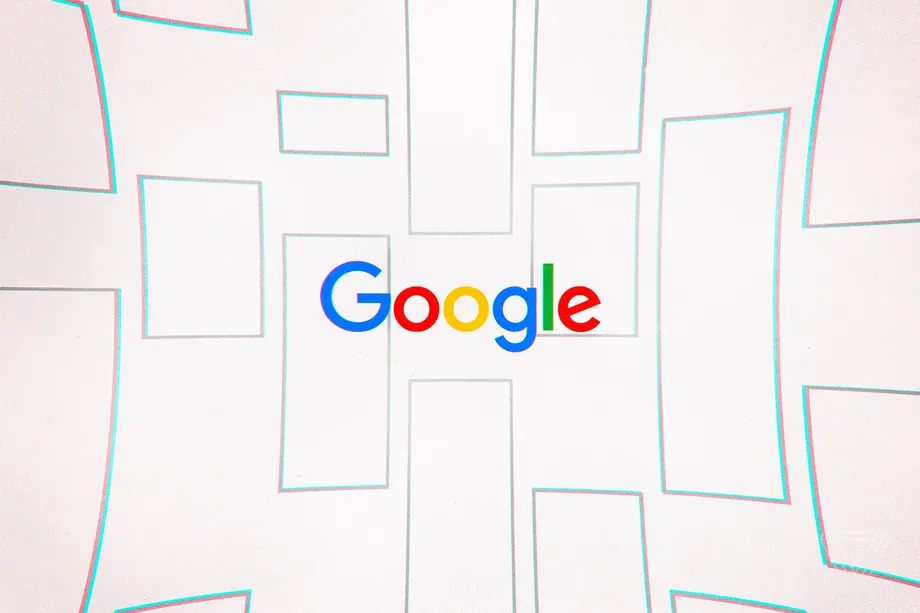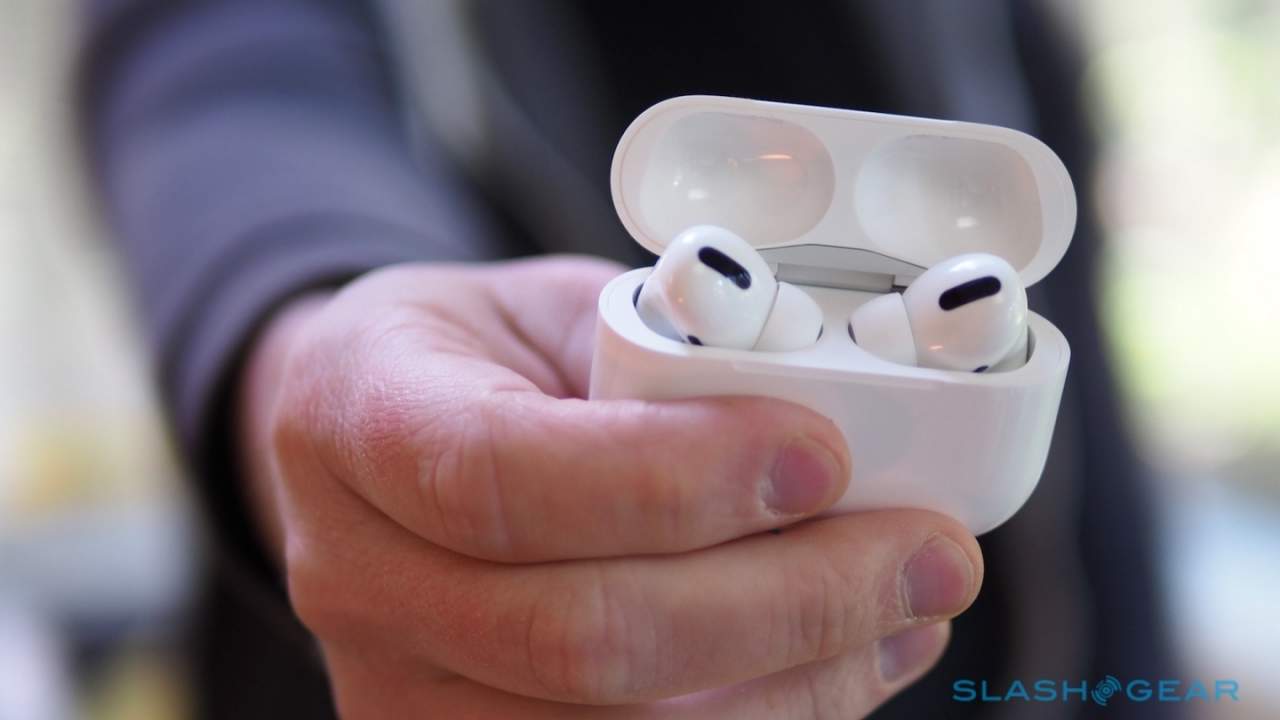Making eye contact with a robot is an experience that gives people an indescribable feeling. Scientists even named this feeling the “uncanny valley”.
Now scientists say it’s not just a feeling.
According to a study at the Istituto Italiano Di Tecnologia (IIT) in Genoa, we can be fooled by robots and it makes us think we are socializing so it slows us down to make decisions.

Lead author of the study published in the journal Science Robots on Wednesday, Professor Agnieszka Wykowska said: “Gaze is an extremely important social signal that we employ on a day-to-day basis when interacting with others. The question is whether the robot gaze will evoke very similar mechanisms in the human brain as another human’s gaze would”.
The team had 40 players that played a video game of “chicken”. Players have to make 2 choices: the first is to crash into another car. The second is to deviate to avoid a collision and so they will be up against a humanoid robot sitting across from them.
The player must look at the robot and will sometimes look back and other times look away.
Scientists use an electroencephalogram (EEG) that detects electrical activity in the brain to collect data on behavior and neural activity.
Wykowska says: “Our results show that the human brain processes the robot gaze as a social signal, and that signal has an impact on the way we’re making decisions, on the strategies we deploy in the game and also on our responses”.
“The mutual gaze of the robot affected decisions by delaying them, so humans were much slower in making the decisions in the game”.
These results will serve as a basis for the future deployment of humanoid robots.
“Once we understand when robots elicit social attunement, then we can decide in which sort of context this is desirable and beneficial for humans and in which context this should not occur,” said Wykowska.
According to a report by the International Federation of Robotics, sales of professional service robots from 2018 to 2019 increased by 32% or 11.2 billion dollars (9.4 billion euros) worldwide.







